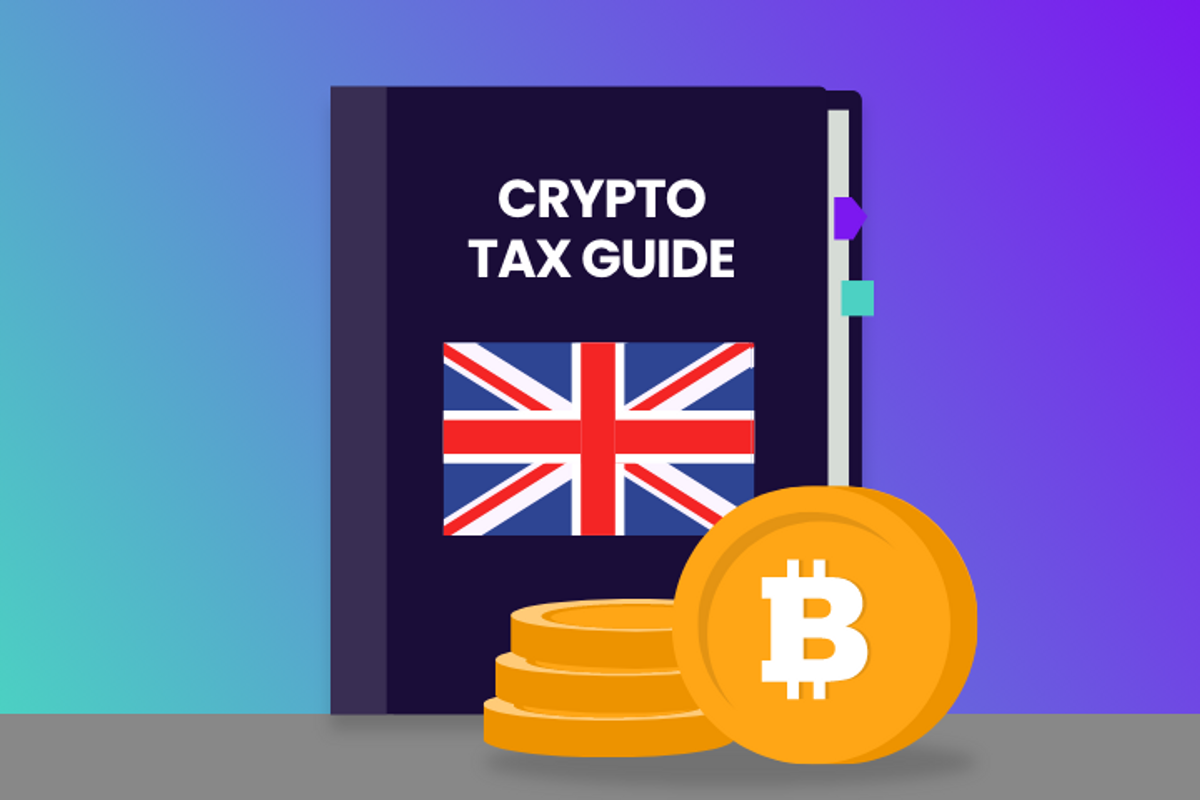
The Bed and Breakfast rule is an important tax principle that UK crypto investors need to understand. Also referred to as “the 30-day rule,” it plays a critical role in how Capital Gains Tax (CGT) is calculated for cryptoassets, and can catch out those looking to minimise their tax bills through strategic buying and selling. Whether you’re trading Bitcoin, Ethereum, or other digital assets, you need to be aware of the HMRC matching rules and how bed and breakfasting fits in, especially if you’re engaging with the same token within short time frames.
In this article, we explore HMRC’s bed and breakfast rule, how it applies to crypto, and why it’s essential for you to consider when managing your crypto tax obligations.
Disclaimer
This guide is intended as a generic informative piece. This is not accounting or tax advice that can be relied upon for any UK individual’s specific circumstances. Please speak to a qualified tax advisor about your specific circumstances before acting upon any of the information in this article.
What is the Bed and Breakfast Rule for capital gains?
HMRC’s bed and breakfast rule prevents tax avoidance through wash sales, where investors sell assets such as stocks or cryptocurrencies and repurchase them shortly afterwards to gain a tax advantage. If you sell and reacquire the same asset within 30 days, the acquisition is matched with the sale for Capital Gains Tax (CGT) purposes instead of using the original acquisition or pooled cost.
How does the Bed and Breakfast rule apply to crypto?
Whilst the bed and breakfast rule was originally designed for traditional finance assets like stocks and shares, it also applies to cryptoassets because HMRC treats crypto the same for capital gains tax purposes.
If you sell and then buy back or acquire the same cryptoasset within 30 days, instead of allowing you to defer the gains into your pooled cost (known as the S104 pool), the B&B rule means the sale is matched to the new acquisition. This prevents you from realising an artificial loss (which could be used to reduce tax liabilities) while retaining the asset.
Example
Jan 1: Hold 1 ETH in the Section 104 pool (bought earlier with a cost of £20,000)
Jan 5: Sell 1 ETH for £18,000
Jan 10: Buy 1 ETH for £19,000
The disposal on Jan 5 is within 30 days before a new purchase on Jan 10; therefore bed and breakfast rules apply, and the sale is matched with the Jan 10 purchase.
Capital gain/loss calculation:
Sale proceeds on Jan 5 = £18,000
Matched acquisition cost (Jan 10) = £19,000
As a result, the Jan 10 disposal is calculated as a loss of £1,000 (because the £19,000 cost basis applies not the £20,000 pool cost)
This reduces the initially expected loss, reflecting HMRC’s rule that you cannot claim the full £2,000 loss when you repurchase the asset so soon. The original 1 ETH (Jan 1) with £20,000 cost remains in the Section 104 pool.
Confused?! Let’s take a look at how to calculate capital gains and where the bed and breakfast rule fits in…
Calculating capital gains tax
When you dispose of an asset, the capital gain or loss for tax purposes is the difference in value between the disposal (sale) proceeds and acquisition cost.
HMRC matching rules
When calculating CGT, you must follow the order of HMRC's matching rules to determine the correct acquisition cost for your disposal:
- Same day rule: the crypto sold is matched with purchases made on the same day.
- Bed and breakfast rule: crypto sold is matched with any purchases made within the next 30 days.
- S104 pool: any remaining sales are matched to assets held in the S104 pool, which contains all earlier purchases.
Section 104 Pool explained
If disposals don’t match the same-day or 30-day rules, then the acquisition cost is determined by the Section 104 pool. The S104 pool groups together all acquisitions of the same asset to form a single allowable cost.
Example of Section 104 pool:
- Day 1: Buy 2 BTC for £200 each (total cost £400)
- Day 10: Buy 1 BTC for £300
- Day 100: Sell 2 BTC for £600 each (total proceeds £1,200)
On day 100, the section 104 pool contains 3 BTC with a total allowable cost of £700 (£400 + £300). The average cost per BTC in the pool is £233.33 (£700/3).
Capital gain/loss calculation:
- 2 BTC matched against the Section 104 pool (same-day nor 30-day rules apply)
- The allowable cost for 2 BTC is 2 * £233.33 = £466.67.
- The sale proceeds are £1,200.
- Therefore, the capital gain is £1,200 – £466.67 = £733.33.
How the bed and breakfast rule affects tax loss harvesting
Tax loss harvesting, a strategy used to sell assets at a loss to offset gains elsewhere, can be an effective way to reduce the tax bill. However, the Bed and Breakfast rule complicates this for crypto investors.
HMRC’s Bed and Breakfasting rule prevents individuals purchasing and selling assets in a short period of time in order to manipulate gains and losses. Without the rule you would be able to sell assets at a loss, reduce your tax liability and immediately repurchase the same asset. The bed and breakfast rule ensures that if you sell an asset and rebuy it within 30 days, the gain or loss is calculated using the acquisition cost of the repurchased asset, rather than the Section 104 pool cost, to prevent the manipulation of gains and losses.
When trying to reduce your tax bill by implementing a tax loss harvesting strategy, it's important to consider the HMRC bed and breakfast rules so that you do not impact the tax position.
Example of how Bed and Breakfast rule may affect tax loss harvesting
Let’s look at a simplified example to illustrate:
- Day 1: Alex buys 1 Bitcoin for £20,000.
- Day 10: Alex sells that Bitcoin for £18,000, aiming to realise a £2,000 loss.
- Day 15: Alex buys 1 Bitcoin back for £19,000.
Under the bed and breakfast CGT rule, the sale on Day 10 is matched with the repurchase on Day 15, instead of using the original purchase price of £20,000. As a result, instead of realising a £2,000 loss, Alex's loss is reduced to just £1,000 because the acquisition cost of the repurchased Bitcoin is considered at £19,000 rather than £20,000.
However, had Alex waited more than 30 days before repurchasing Bitcoin, the full £2,000 loss would have been realised and could have been used to offset capital gains elsewhere. This highlights the importance of timing when employing a tax loss harvesting strategy.
For a more detailed look at how tax loss harvesting works, as well as a list of the risks, take a look at our crypto tax loss harvesting blog.
Conclusion - how can Recap help?
Let’s be honest - crypto tax can be confusing, especially when it involves rules like Bed and Breakfasting, which were originally designed for traditional investments. The fast pace and sheer volume of transactions in crypto make applying these rules even trickier. As the only UK-based crypto tax calculator and built specifically to comply with HMRC tax rules, like Section 104 Pooling and Bed and Breakfasting, Recap is here to make things easier. Our software takes the headache out of tracking your transactions and ensures your capital gains are calculated accurately, keeping you compliant with UK tax laws. Instead of getting bogged down in the details, you can let Recap do the heavy lifting - leaving you more time to focus on your investments.



